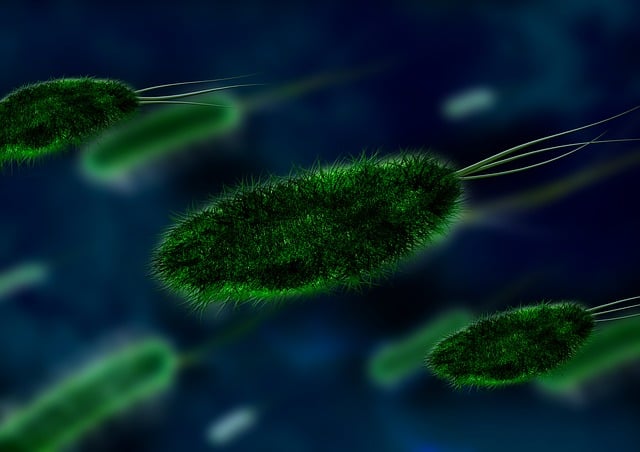Chinese scientists have announced the discovery of a previously unknown bacterial species, Niallia tiangongensis, thriving in the unique microgravity environment of the Tiangong space station.
This finding, detailed in the Journal of Systematic and Evolutionary Microbiology, provides unprecedented insights into microbial survival in space and has significant implications for long-duration human spaceflight.
The rod-shaped bacterium, never before observed on Earth, was found inhabiting the cockpit controls of the Tiangong station.
Swab samples collected by taikonauts in May 2023 were frozen and returned to Earth for analysis as part of the China Space Station Habitation Area Microbiome Program (CHAMP), an initiative aimed at understanding microbial behavior in sealed human-crewed environments during space travel.
Genomic sequencing has revealed that Niallia tiangongensis is a relative of the terrestrial bacterium Niallia circulans, but with substantial genetic differences, suggesting a remarkable adaptation to its extraterrestrial habitat.
Scientists note its unique ability to hydrolyze gelatin, enabling it to consume proteins for survival in nutrient-poor conditions. Furthermore, it possesses mechanisms to form protective biofilms, activate oxidative stress responses, and repair radiation damage – crucial adaptations for the harsh space environment.
“This aids their survival in the space environment,” the published paper explains, highlighting the organism’s resilience.
Bacteria of the Niallia genus are known for their thick cell walls, lack of an outer membrane, and the ability to form endospores, allowing them to endure adverse conditions.
For instance, Niallia circulans can encapsulate its genetic material in a highly protected, inactive state until conditions become favorable.
The origin of Niallia tiangongensis remains a subject of scientific debate. It is unclear whether the microbe evolved de novo on the space station or if it represents one of the billions of unclassified bacterial species on Earth, brought into orbit and then adapted.
This discovery is expected to profoundly influence the design of future space sanitation protocols and enhance understanding of potential microscopic hazards for the next generation of space travelers.
While it’s too early to determine if Niallia tiangongensis poses a direct threat to taikonauts, its terrestrial relative, Niallia circulans, is known to cause sepsis, particularly in immunocompromised individuals.
